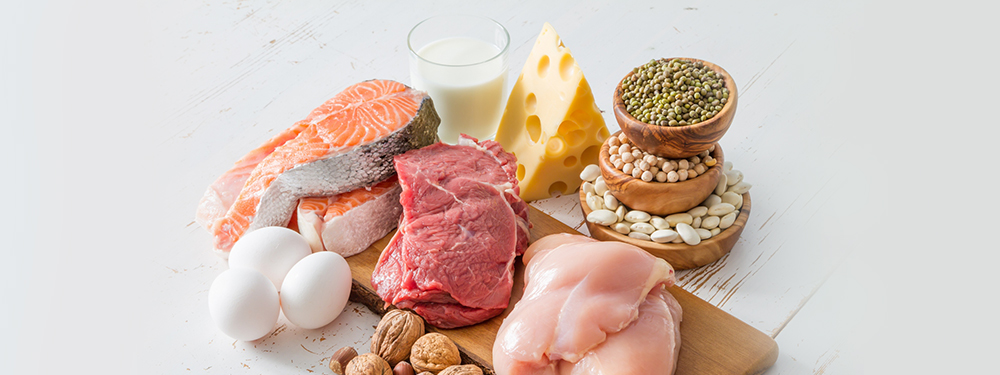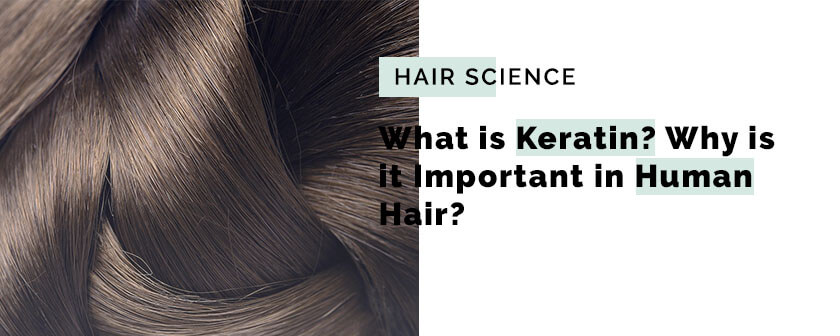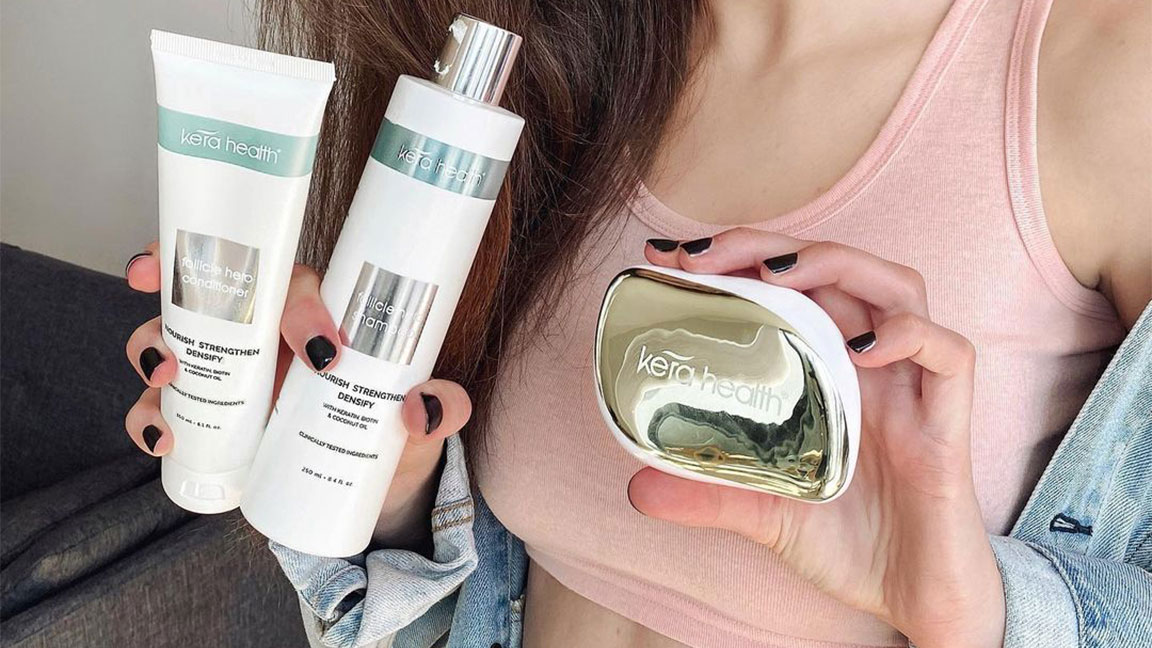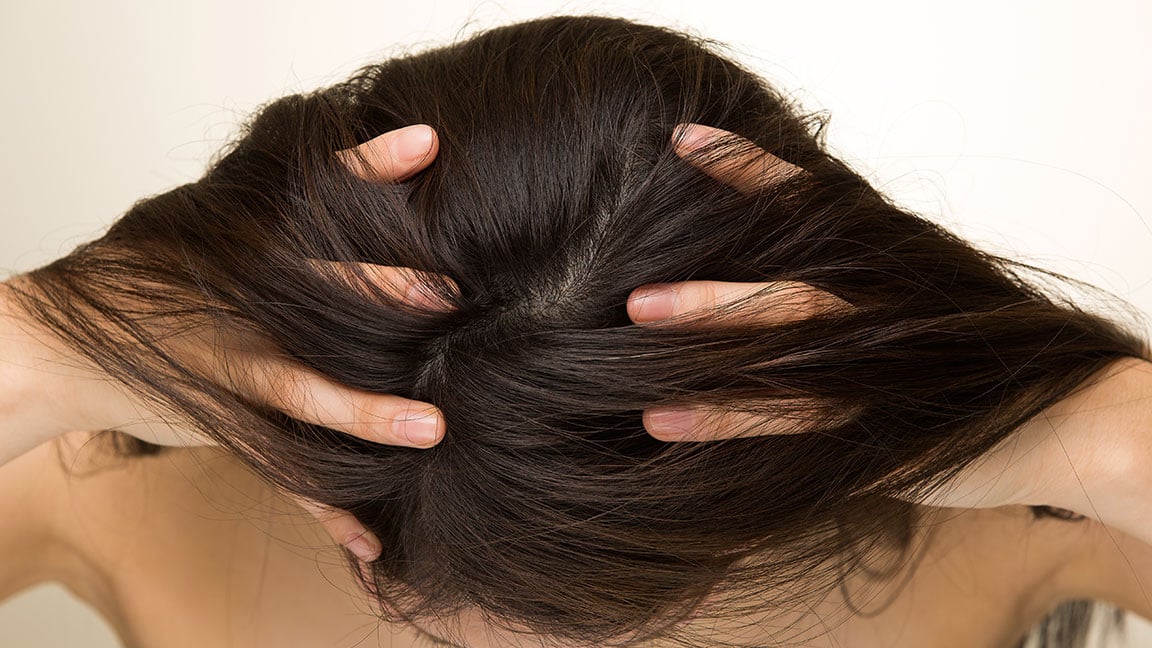Keratin belongs to a family of insoluble fibrous structural proteins that form the main structural component of hair, nails, claws, hooves and wool.
Keratin is a strong protein and the amino acids which combine to form it have a number of unique properties. Depending on the levels of the various amino acids, Keratin can be hard and inflexible or it can be soft.
Keratin is critical for the hair but is also an essential structural component of all our soft tissue cells in our body.
Hair is made of protein. About 91% of the hair is protein made up of chains of amino acids. These chains of amino acids are linked together by amide or peptide bonds.
Keratin’s characteristic resilience depends on its amino acid composition and sequence as well as the certain protein folding that results. The existence in Keratin of the sulfur containing amino acid, cysteine, helps with strength and shine for the hair.
Hair is made up of Keratin. In hair, there are many amino acids – different sources say 16, 18 or 20. The cuticle of hair has more amino acids than the inner parts of the hair fiber, and this is because proteins break down into amino acids, and more so at the cuticle.
Four Important Amino Acids
Important amino acids for Keratin production include lysine, cysteine, arginine and methionine. However, a commonly occurring amino acid like glutamine is produced naturally by the body and is also indispensable to hair growth.
Living cells in your skin, known as keratinocytes, produce a strong protein strand known as Keratin, the primary constituent of skin and hair. We look at the 4 important amino acids for Keratin production –
- Lysine – an essential amino acid which helps to stimulate collagen and to repair damaged hair. Research has also shown that hair loss can be reduced with supplement of lysine. Ideal food sources for this amino acid include legumes, nuts, spirulina, red meat, fish and dairy products.
- Cysteine – about ¼ of Keratin is made from cysteine which indirectly assists with the protection of hair follicles. Cysteine, like methionine, also supplies sulfur to hair cells. The body is able to manufacture its own cysteine which comes from eating foods such as dairy, legumes, broccoli and poultry.
- Arginine – apart from helping to produce Keratin, Arginine is an important amino acid which offers strengthening-of-the-immune system benefits which helps towards minimizing disease-related hair loss. For people who colour their hair, research has shown that this amino acid can also help to protect their hair from the damaging effects ofbleachingg the hair. Arginine is also essential for the production of nitric oxide, a molecule that our body produces and which is important for reducing inflamation and facilitating hair growth. Good food sources for arginine include beef, dairy, fish, sunflower seeds and nuts.
- Methionine – an essential amino acid and powerful anti-oxidant. It is a good source of sulfur, of which a deficiency can result in hair loss. This amino acid, which is also a lipotropic – breaking down fats and preventing them from building up in the arteries – can prevent premature hair loss as it supplies sulfur to hair cells to strengthen it. Dietary sources include eggs, fish, nuts and cereal grain.
The Growth Cycle of Hair
The growth cycle of hair goes through 3 phases – Anagen, the 1st phase, lasting between 2 and 6 years, Catagen, the 2nd phase and where hair is turned into Keratin. Telogen is the 3rd stage of the cycle and this is when hair sheds, starting once again with the anagen phase.
If amino acids aren’t sufficiently supplied to the cells of the hair follicles, Keratin levels drop, leading to reduced hair growth.
The body uses some 22 amino acids to assist with protein building in the body. These proteins are important as they serve as hormones, enzymes and neurotransmitters, and form into tissues, muscles and organs. Nine of these amino acids are considered essential as they aren’t synthesized in the body, but they can either be ingested from the diet or from supplements.
An important, insoluble protein, Keratin is made from many amino acids, the most abundant of these being cystine which gives hair much of its strength.
It is why there are many manufacturers that make Keratin treatments which they claim will improve the hairs’ condition. They incorporate sulfur containing amino acids into the products, knowing that keratin is a key structural protein of hair and nails. The bring out supplements with sulfurated amino acids, vitamins and minerals.
Optimize Hair and Immunity with Nutrition

Apart from applying Keratin enhancing products to your hair and by taking supplements containing bio-disponible keratin, you can also increase your keratin by consuming foods that are used to produce the keratin.
Maintain a diet rich in protein because protein provides amino acids needed by the keratinocytes to produce Keratin. Also consuming iron-rich foods is a good idea as iron helps red blood cells to transport oxygen to the hair follicles. Not only will your hair benefit but your immune system too.
TAKE THE RIGHT AMOUNT OF VITAMINS FOR YOUR HAIR
Formulated to help fill gaps in women's diets.*
SHOP KERAHEALTH HAIR



